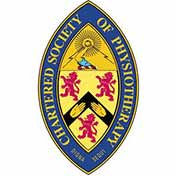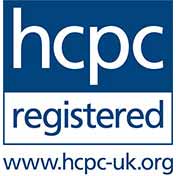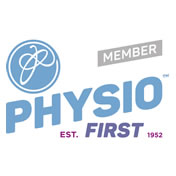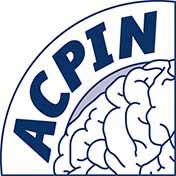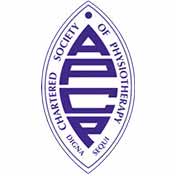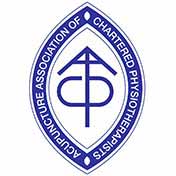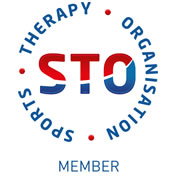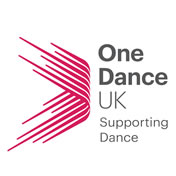The primary focus of physiotherapy is the restoration of function. Physiotherapists assess and diagnose the problem, then plan and administer treatment programmes that aim to restore functional activity and minimise dysfunction after disease or injury. A combination of manual and exercise therapies will be used to achieve this. Advice on posture and ergonomics is always provided, aiming to prevent further injury or dysfunction. At one time or another we all suffer from pain in various parts of our bodies. These can be caused by accidents, sporting activities, surgery, wear and tear of daily life or could be the result of long standing problems. In particular our muscles, backs, necks, knees, hips, ankles, shoulders, elbows and hands can all be a source of discomfort which can limit our enjoyment of daily activities. Prompt physiotherapy treatment speeds recovery and allows a rapid return to normal activities from all these types of problems.
Physiotherapy can treat a wide variety of musculoskeletal conditions that cause us pain, to include:
- Back and neck problems
- Sports injuries
- Joint problems
- Muscle, ligament and tendon injuries
- Arthritis and rheumatism
- Post surgery
- Postural problems
- Work related injuries
- Whiplash and personal injury
Physiotherapy can also be directed towards dealing with problems associated with adult acquired neurological conditions such as:
- Stroke (CVA/TIA)
- Head Injury/Traumatic brain injury
- Multiple sclerosis (MS)
- Parkinson's disease
- Spiral cord injury
- Guillain Barre Syndrome
Find out more information regarding our Neurological Physiotherapy Service.
Physiotherapy can also play a vital role in the assessment and management of babies, children and young people with injury, movement disorders or disability. The aim of the physiotherapy is to help the child reach their full potential through specialist assessment, rehabilitation, with advice and support to families and teachers. Find out more information about our specialist Paediatric Service.

